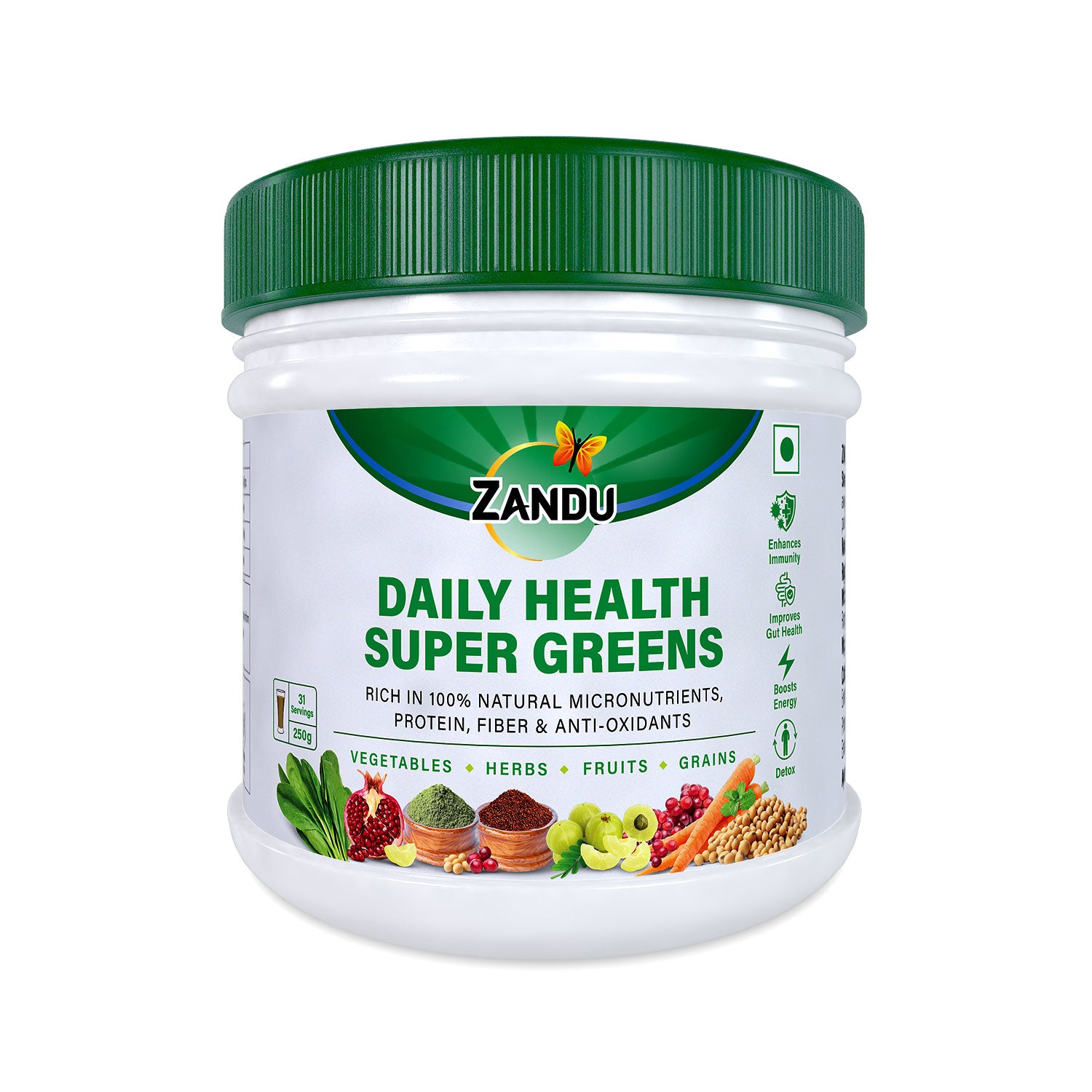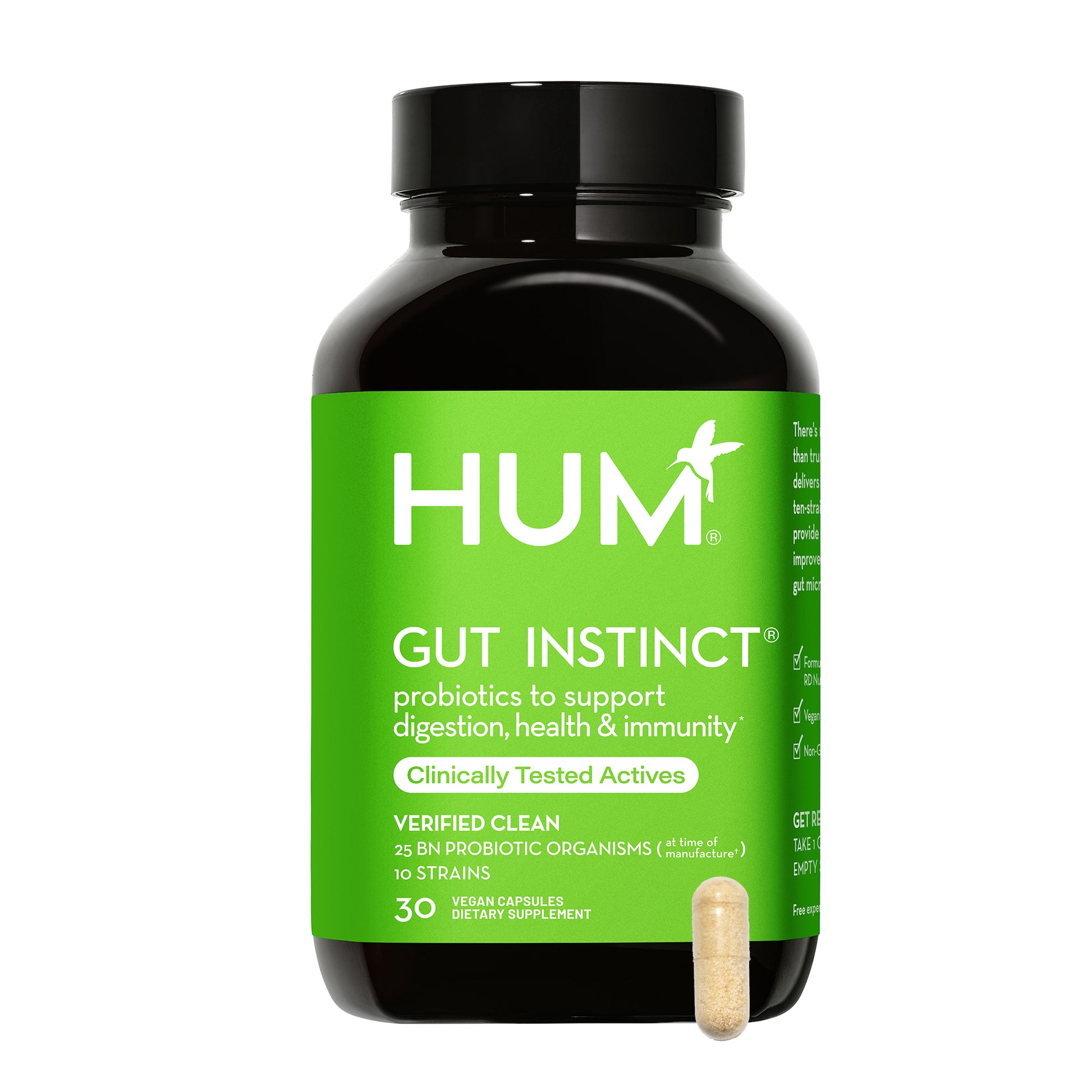Discover the Key to Digestion and Immunity With Digestive Tract Wellness Support

Recognizing Gut Health
Understanding digestive tract health is essential for total well-being, as it plays a substantial function in digestion, resistance, and also psychological wellness. The gut, comprising the stomach tract, is accountable for breaking down food, absorbing nutrients, and expelling waste. A well balanced intestine environment ensures efficient food digestion, permitting the body to use nutrients efficiently.
Additionally, digestive tract health and wellness substantially impacts the immune system. The digestive tract houses a significant portion of the body's immune cells, and a healthy and balanced digestive tract can aid fend off pathogens and minimize swelling. Disturbances in intestine health and wellness can result in an overactive immune reaction, possibly adding to autoimmune disorders and allergies.
Furthermore, the digestive tract is often referred to as the "second mind" because of the gut-brain axis, an intricate interaction network linking the brain and the digestive tract. This link influences mood, cognition, and emotional health. Problems such as dysbiosis, characterized by a discrepancy in digestive tract microorganisms, have been related to mental health conditions, including anxiousness and depression.
The Intestine Microbiome Explained
The gut microbiome, a varied community of bacteria living in the stomach tract, plays a crucial duty in keeping digestive system wellness and overall health. Making up trillions of microorganisms, infections, fungis, and other germs, this facility ecosystem aids in the food digestion of food, the synthesis of vital nutrients, and the guideline of metabolic procedures.
Each person's gut microbiome is unique, influenced by aspects such as diet regimen, lifestyle, genetics, and environmental exposures. A well balanced microbiome supports optimal digestion by damaging down facility carbohydrates, producing short-chain fatty acids, and facilitating the absorption of nutrients. On the other hand, an imbalance, usually described as dysbiosis, can bring about digestive problems, including irritable bowel syndrome (IBS) and inflammatory bowel disease (IBD)
Research has demonstrated that a varied microbiome is associated with far better health and wellness results, highlighting the value of dietary selections in nurturing these microbes. Foods rich in fiber, probiotics, and prebiotics, such as fruits, veggies, and fermented products, can advertise a healthy microbiome. Understanding the digestive tract microbiome is necessary for establishing targeted treatments focused on improving digestion health and stopping gastrointestinal conditions.

Link In Between Food Digestion and Immunity
A durable link exists between food digestion and resistance, highlighting the essential duty of the gut in maintaining overall health. The stomach system is home to trillions of bacteria that form the gut microbiome, which substantially affects both digestion processes and immune actions. This complicated community aids in breaking down food, absorbing nutrients, and providing crucial metabolites that sustain immune feature.
When food digestion is efficient, the intestine obstacle continues to be undamaged, preventing dangerous microorganisms from going into the blood stream. Approximately 70% of the immune system resides in the gut-associated lymphoid cells (GALT), which communicates carefully with the digestive tract microbiome.
Tips for Supporting Gut Health And Wellness
Sustaining gut health is crucial for keeping both digestion efficiency and a well-functioning immune system. To cultivate ideal intestine wellness, consider integrating a number of functional approaches right into your day-to-day routine.
First, prioritize hydration. Consuming appropriate water sustains food digestion and aids keep the mucosal lining of the intestinal tracts. Furthermore, normal physical activity can boost intestine motility and promote a varied microbiome.
Conscious eating methods are likewise vital. Eating food thoroughly and consuming slowly can aid digestion and protect against over-eating, which may worry the digestive tract. Furthermore, managing anxiety with techniques such as reflection, yoga exercise, or deep-breathing exercises can positively affect digestive tract wellness, as anxiety is understood to interfere with digestion procedures.
Incorporating prebiotics and probiotics into your routine is an additional effective technique. While details foods will certainly be talked about later, recognizing the relevance of these parts is important. Prebiotics work as food for advantageous intestine bacteria, while probiotics introduce live valuable organisms.
Finally, avoid extreme use anti-biotics, as they can interrupt the balance of gut flora. By adhering to these suggestions, you can dramatically contribute to the upkeep of a healthy and balanced digestive tract, which is crucial for general wellness and vitality.
Foods That Promote Digestive Tract Health

Fermented foods, such as yogurt, sauerkraut, kefir, and kimchi, are abundant in probiotics, which are helpful germs that sustain digestive tract flora and improve digestion. These foods can aid recover equilibrium in the digestive tract, particularly after antibiotic use or digestive disruptions.
Along with fermented options, prebiotic foods, such as garlic, onions, asparagus, and bananas, act as sustenance for these probiotics, promoting their growth and activity. These soluble fibers support digestive tract motility and navigate here can relieve issues like irregular bowel movements.
In addition, incorporating high-fiber foods, consisting of entire grains, beans, fruits, and vegetables, is necessary for keeping a healthy gut. Fiber aids in normal defecation and aids protect against digestive system disorders.
Last but not least, omega-3 fats discovered in fatty fish, flaxseeds, and walnuts have anti-inflammatory buildings that can his response better sustain digestive tract wellness. Stressing these foods in your diet can lead to a robust gastrointestinal system and improved immune feature.
Final Thought
In verdict, prioritizing intestine health is necessary for optimizing food digestion and boosting resistance. A well balanced digestive tract microbiome, influenced by dietary choices and way of living elements, plays an essential function in nutrient absorption and swelling decrease.
Understanding digestive tract wellness is important for overall well-being, as it plays a considerable function in food digestion, resistance, and also mental wellness. The intestine houses a substantial section of the body's immune cells, and a healthy and balanced intestine great post to read can help fend off pathogens and lower swelling.Furthermore, the digestive tract is typically referred to as the "second brain" due to the gut-brain axis, a complex interaction network linking the mind and the gut.A robust link exists between food digestion and resistance, highlighting the vital duty of the gut in preserving overall wellness.In conclusion, prioritizing digestive tract health and wellness is necessary for enhancing food digestion and boosting immunity.